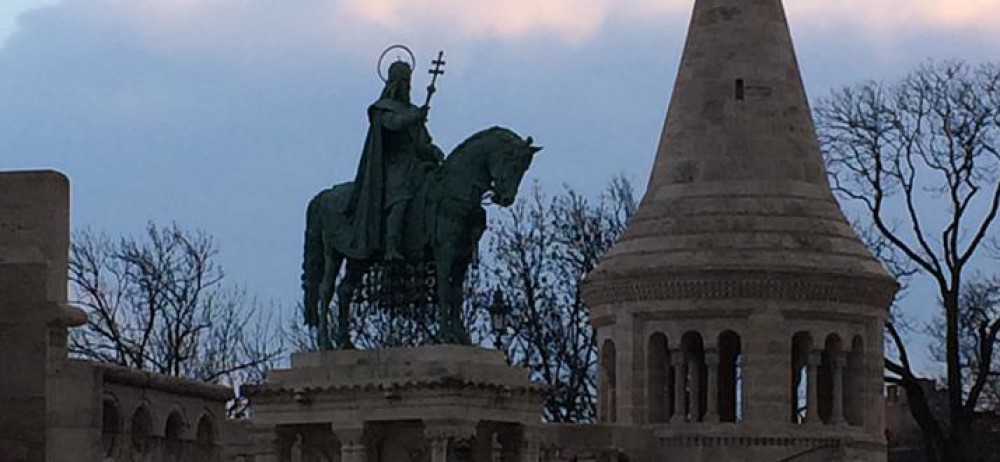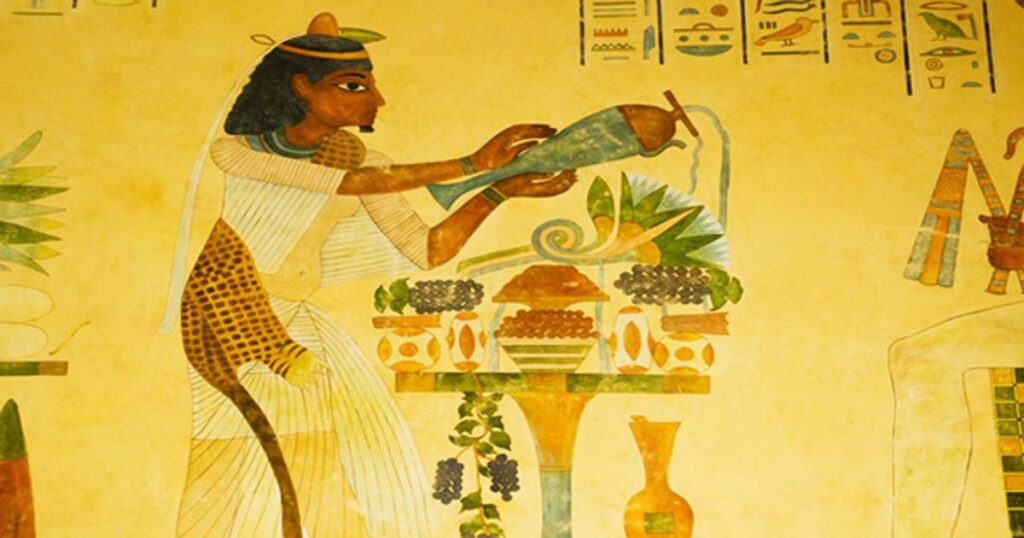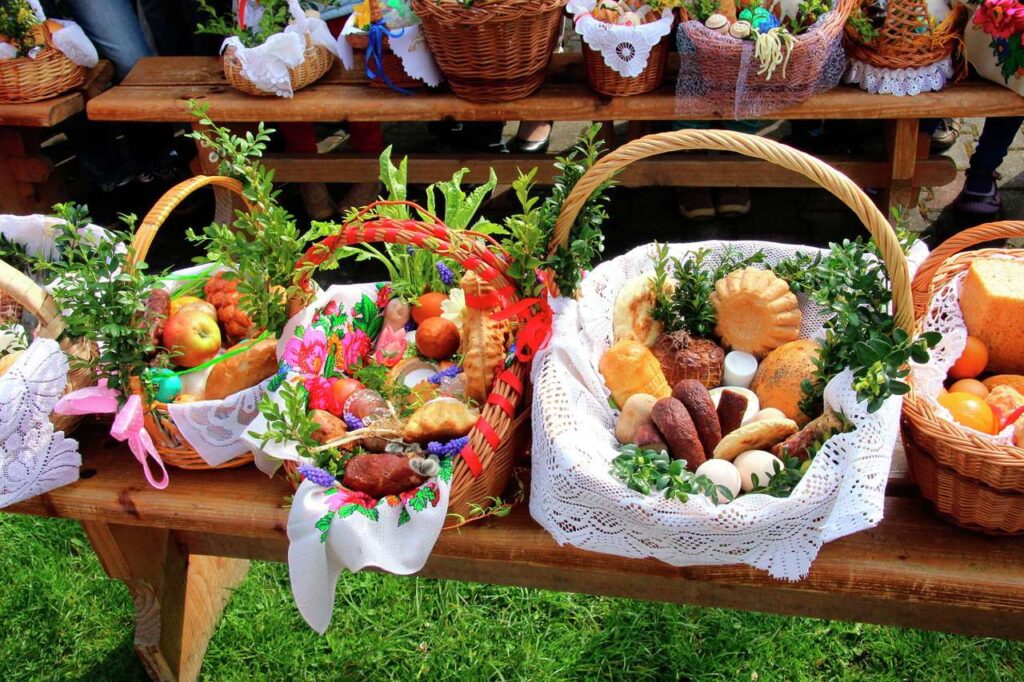
All our ancestors were baptized into Moses in the cloud and in the sea and all ate the same spiritual food and all drank the same spiritual drink; for they drank of the spiritual rock, which was following them, and the rock was Christ. (1 Cor. 10:1-4)
The story of Moses striking the rock and producing water for the thirsty Israelites in the wilderness is told twice in the Old Testament–perhaps the same event is reported twice? Or some suggest that the first (temporary) provision of water was supplemented by a second (more permanent) provision of water.
The first version of the story is in Exodus 17. The people complain to Moses that there is no food in the wilderness; God then provides manna and quail to the people on a daily basis. The people then complain that there is no water to drink and accuse Moses of leading them out into the wilderness to die of thirst. God instructs Moses to strike a rock with the staff he used in his combat with Pharoah in Egypt and water gushes out of the rock.
The second version of the story is in Numbers 20. In this version, the people have refused to enter the Promised Land because they do not believe that God will give them the military victory over the current inhabitants, so God promises that none of the Israelites then alive will ever enter the Promised Land; only their children will enter. After the people turn back into the wilderness, Moses’ sister Miriam dies and the people complain again that there is no food or water. (Some early commentators suggest that their hunger and thirst are directly a result of their mourning for Miriam.) So Moses strikes a rock and water gushes out; this is, presumably, the rock that then follows the Israelites throughout the rest of their wanderings in the wilderness.
St. Paul understands the rock that followed the Israelites –which provided enough water every day for several thousand people and animals — to be Christ himself. The food and water and the rock in the wilderness are “types” of Christ; they foreshadow and are dress rehearsals for the gifts that Christ will give in the New Testament and in the Church. Just as the Lord made the world out of the water in Genesis 1 and refashioned the world during the Flood, he now gives enough water in the wilderness to sustain the people, even though they “grumble” and “murmur” against him.
Early Christian preachers warned their congregations not to grumble or murmur against the Lord who feeds them at the altar with the Body and Blood of Christ. Grumbling and murmuring are persistent human foibles–we keep complaining about people who don’t think as highly of us as they should, about situations in which we are treated unfairly, about leaders and bosses who don’t appreciate what we have to offer. How best to combat these temptations to grumble and mutter and complain? Instead of grumbling, these early preachers suggest that we give thanks for the opportunities that we have been given. Focus on how the glass is half-full rather than how it is half-empty.
Our families and friends get tired of hearing us complain about something all the time. Grumbling leads only to more grumbling, these preachers say; giving thanks results in more thanksgiving!
But grumbling so much easier, most of the time! In order to give thanks, we have to look at ourselves and figure out what we can do to improve the situation. That takes energy. That takes work. And then we have to actually do whatever it is that might improve our situation. So much easier to just grumble and expect someone else–like Moses?–to fix whatever is wrong. But that doesn’t get us any closer to where we want to be, does it?


